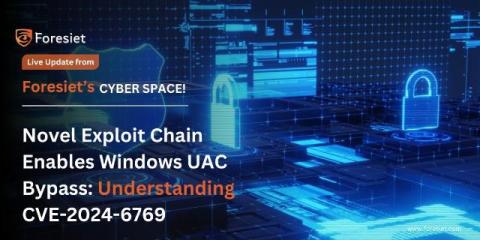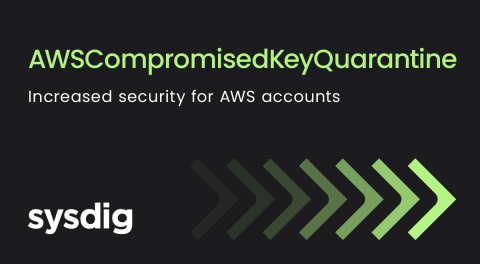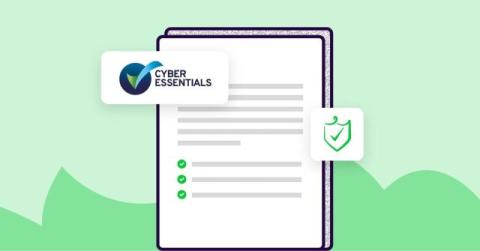Novel Exploit Chain Enables Windows UAC Bypass: Understanding CVE-2024-6769
Researchers have uncovered a new vulnerability, tracked as CVE-2024-6769, which enables attackers to bypass Windows User Access Control (UAC) and elevate their privileges to gain full system control without triggering any alerts. This exploit, affecting Microsoft’s Windows platform, has sparked debate about whether UAC truly acts as a security boundary. While Microsoft does not classify this as a vulnerability, security experts warn organizations to be vigilant about the risks involved.











